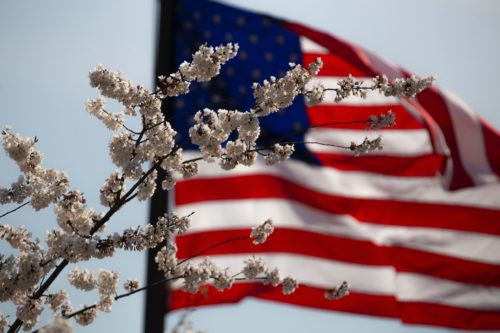
On February 24, the Department of Homeland Security has implemented Inadmissibility on Public Charge Grounds Final Rule. This means that as of now, if you are an immigrant that is currently a “public charge,” or DHS determines you will be at any point in the future, you will most likely be denied a Green Card.
The phrase “public charge” refers to the use of public benefits. For example, if you are someone who now requires, or will require the use of Supplemental Security Income, Supplemental Nutrition Assistance Program, most forms of Medicaid, certain housing programs, income maintenance, or Temporary Assistance to Needy Families, you will no longer be considered “admissible.”
Of the rule, the acting deputy secretary of the Department of Homeland Security said, “President Trump continues to deliver on his promise to the American people to enforce our nation’s immigration laws. After several judicial victories, DHS will finally begin implementing the Inadmissibility on Public Charge Grounds final rule. This rule enforces longstanding law requiring aliens to be self-sufficient, reaffirming the American ideals of hard work, perseverance and determination. It also offers clarity and expectations to aliens considering a life in the United States and will help protect our public benefit programs.”
That being said, the final rule was not met without backlash, as a massive portion of potential immigrants will now be denied citizenship that wouldn’t have been otherwise. Among the people who did not approve of the final rule, Supreme Court Justice Sonia Sotomayor wrote in her dissenting opinion, “I fear this disparity in treatment erodes the fair and balanced decision making process that this Court must strive to protect,” Sotomayor wrote in the opinion.”
Additionally, San Francisco Mayor London Breed said, “President Trump’s ‘public charge’ rule is an abusive attack on our immigrant communities designed to make our most vulnerable residents choose between critical services or remaining in the United States. People should be able to access social services, like medical care and food assistance, without fear of discrimination or retaliation.”
It is worth noting, however, that asylees, refugees, U petitioners, T applicants, and certain VAWA self-petitioners are exempt from the public charge ground of inadmissibility.
If you are someone who believes you are being wrongly or unfairly denied a green card, please speak with our knowledgeable, compassionate Wisconsin immigration attorneys to learn more about what we can do to help you through the legal process going forward.
Contact our experienced Wisconsin firm
John Sesini is an experienced immigration attorney with offices in Green Bay and Milwaukee Wisconsin. Our firm understands what is at stake when it comes to immigration law matters, which is why If you have any questions, you should not hesitate to contact the Sesini Law Group, S.C. and schedule your initial consultation with our firm today.
